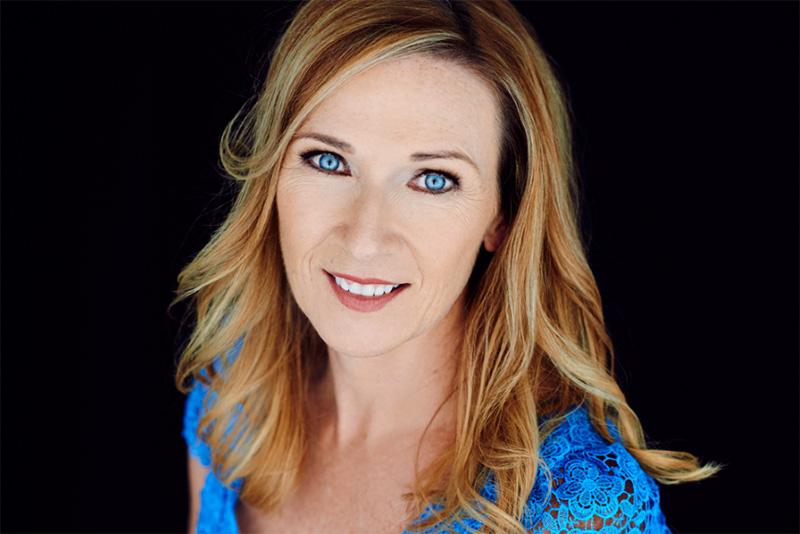By Paul Anderson
Sally Ascinar was our guest speaker for an online discussion hosted by Editors New South Wales on 4 April 2023. Sally is an experienced freelance editor, former branch secretary and a long-time professional member of IPEd. She started her business, Full Proofreading Services, in 2007.
Sally was in conversation with Kai Jensen, our presentations coordinator. Their stimulus was the above-named resource that Sally has created.
“Editing can be mentally and physically stressful, particularly for a freelance editor setting up and then building a business,” Sally writes. “We muddle along, learning from our mistakes and other people’s experiences. Clients and income aren’t guaranteed, which can cause financial stress, while the considerable time and effort we invest … can be mentally and physically stressful.”
Sally described her journey into editing as “bumpy”. “The first few years were a mess”, she confessed. She was “not good at saying no” to potential work and consequently became overloaded at times. It took “five years until I felt I had a handle on it”, she said. (Coincidentally or not, an audience poll indicated that 71 % of participants were editors who had been freelance for five years or more.)
Accordingly, Sally created her resource to help meet these challenges. “Self-care … and business care are intrinsically linked: you can’t run a business and earn money if you’re unable to work due to poor physical or mental health!” she writes.
Self-care and business care for editors covers five interlinked topics:
- How might an editor look after themselves physically?
- How might an editor go about maintaining their mental wellbeing?
- What can an editor do to minimise the stressors of running an editing business?
- How might an editor manage risks to their business?
- Where might an editor look for support from others?
Self-care
Sally offers practical tips such as building regular breaks into the physical work of editing to mitigate the health risks of sitting in front of a computer for long periods. A good exercise regimen is important too, for both physical wellbeing and mental health reasons, as is spending (non-work, screen-free) time outdoors. She gave examples of how editors working from home (often alone) can avoid isolation and feelings of loneliness and insecurity. Regular communication/networking with your peers is key. “Have editor buddies with whom you can discuss business challenges and exchange work when one of you gets overloaded.” “Have a mentor”, Sally suggested: consider joining IPEd’s mentoring program and make time for professional development.
Mindfulness was introduced as a possible way to reduce stress and build resilience. It involves focussed attention to detach from unhelpful thoughts.
Business care
Sally said it was a breakthrough when she began to think of her editing practice “as a business” [my emphasis]. She hired a business coach (since discontinued) and attended workshops for small-business owners. She created a formal business plan and systemised her business administration, for example by investing in a customer relations management system (CRM software). She set herself financial goals for income stability/security “and gradually learned to work smarter, not harder”.
What would happen if you suddenly couldn’t work or run your business?
Sally stressed the importance of having an “in-case-of-emergency (ICE) business plan”. She looks at her own “every three months” but recommends at least an annual review of priorities. Her plan is designed to be activated immediately should she become incapacitated for whatever reason and unable to continue running her business. This occurred in real life when in 2019 her mother had a serious fall and Sally had to drop everything to travel overseas. It aims to ensure her clients and others are not “left in the lurch”: there are instructions for accounts payable and for accounts receivable, for example.
What is your time worth?
Sally closed with this open question about an editor’s charge-out rate. Her business is now of a size that she uses trusted subcontractors to help with overflow work. To prevent being overwhelmed, she also suggests hiring service providers for ad hoc things “you hate doing or don’t have time for” (a cleaner, virtual assistant, gardener and so on.)
Thank you, Sally, for being such a genial and generous guest speaker.
Resources
Soft copies of two proprietary documents were emailed to registrants after the event:
- Sally’s four-page document, Self-care and business care for editors
- Her ICE business plan template.
A recording of the presentation will be available to purchase via the IPEd events page (or free if you paid to attend).

